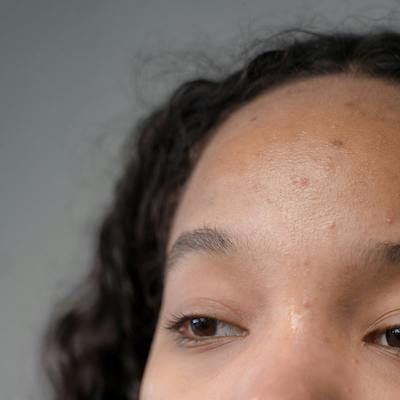Video
Raj Chovatiya, MD, PhD: Highlights from Presentation on JAK Inhibitors
Author(s):
Speaking about one of his conference presentations, Chovatiya highlights the biggest takeaways regarding JAK inhibitors for alopecia areata, vitiligo, eczema, psoriasis, and more.
In an interview with HCPLive, Raj Chovatiya, MD, PhD, spoke about some of the highlights from his presentation titled ‘JAK Inhibitors: A New Frontier in Dermatology.’
Chovatiya works as an assistant professor of dermatology at the Feinberg School of Medicine at Northwestern University. His presentation was 1 of 3 given at the American Academy of Dermatology (AAD) 2023 Annual Meeting in New Orleans.
Chovatiya began with a broad overview of his presentation, explaining some of the key points he planned to reference for his talk regarding JAK inhibitor use in the dermatology world today.
“So obviously much of the excitement in the last year and thing with atopic dermatitis,” Chovatiya said. “So the focus of my talk is really…a quick recap of everything that's happened in the past couple years. And if you blinked you may have missed it.”
The intent of Chovatiya’s presentation was to help attendees to better utilize JAK inhibitors to treat alopecia areata, atopic dermatitis, granuloma annulare and sarcoidosis, lichen planus, morphea, pruritus and other conditions.
“Abrocitinib and upadacitinib are the 2 oral JAK inhibitors we're going to talk about in detail,” he explained. “And topical ruxolitinib is going to be the topical agent we talk about in some detail.”
Chovatiya spoke about some of the trial data he highlighted in his conference presentation.
“So in the case of abrocitinib, we're going to be talking about the entire JADE development program, which includes a number of monotherapy and combination therapy studies and some other sort of cool studies that looked at ability to flare, not flare, adolescent studies will kind of cover all of that,” he said. “In the case of upadacitinib, Measure Up and Heads Up and AD Up are some of the ones that we're going to highlight as well, both looking at short term and long term data as well as some head to head data as well.”
Chovatiya added that topical ruxolitinib was also explored in his presentation at the conference.
“In the case of the topical ruxolitinib, we're really going to be taking a look at the TRUE trials in terms of the AD 1 and 2, and some of the more recently published long term extension data from those arms as well,” he explained.
For more information, view his full HCPLive interview segment above.





